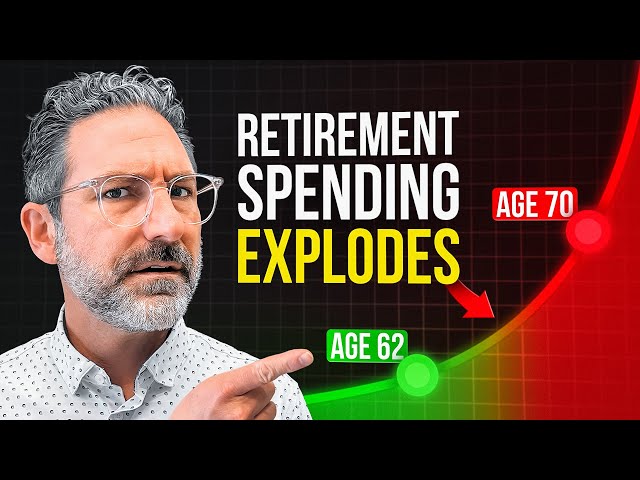Earlier this month, the Federal Reserve increased interest rates by 0.75%, marking the highest raise in rates since the 1990s. The intent with this and other increases is to fight back against inflation. While the future can’t be predicted, the Fed has hinted it plans to implement more aggressive rate hikes throughout the rest of the year as well.
What does this mean for consumers though? People can be affected in multiple ways, but most notably they may see an increase in credit card, mortgage, and savings rates. Indirectly, the stock market as a whole may be impacted as well.
Credit Card Rates
As interest rates rise, credit cards become more expensive. That’s because part of slowing down the growth of the economy is discouraging borrowing and spending. For individuals who already have credit card debt, they will see an increase in their monthly payments due to the increase in the APR. Alternatively, if someone is looking to open a new account, the rates won’t be as attractive.
Get Your Free Retirement Assessment!

Savings Rates
For people who like to save, they’ll be delighted to see savings accounts and CD rates increased. This again comes from the goal of encouraging more saving. It doesn’t necessarily happen immediately (banks tend to wait to see higher rates stick around for a little while before passing along the benefits to consumers), but in order to attract more cash, banks and credit unions are expected to eventually hike up their APYs. This results in higher returns than during times of less inflation.
Mortgage Rates
Mortgage rates are not directly tied to any changes the Fed makes to interest rates, evidenced by the fact that adjustments have not always seen mortgages move in alignment. However, tighter monetary policy does show increases in the 10 Year Treasury Yield, which does have an impact on home loans. If someone has a fixed rate, they won’t be impacted, but if he or she is looking to purchase a home or have an adjustable rate it could be costlier.
Stock Market
Over the long term, there is enough evidence to show rate hikes do not hurt stock performance. However, for the immediate future, higher interest rates (especially during a period of higher inflation) can have an effect on market psychology. With tighter monetary policy, future economic uncertainties can cause markets to become more volatile. Furthermore, if savings options have attractive enough yields, more conservative investors could possibly reduce their risk to take advantage of higher rates, which can add to temporary market volatility as portfolios are rebalanced.
This should not spark any immediate reactions though. As the chart below shows, the majority of recent periods of higher interest rates still showed a positive return for the market.


There may be some additional market volatility as interest rates find their level while the Fed attempts to combat inflation, but it is important to remain focused on the long-run when it comes to your investment plan. The Fed raising interest rates generally doesn’t have a lasting negative effect on your investments as the data demonstrates. Staying focused on your own specific time horizon and goals when making portfolio decisions is the best way to achieve a successful outcome over time.








.jpg)







